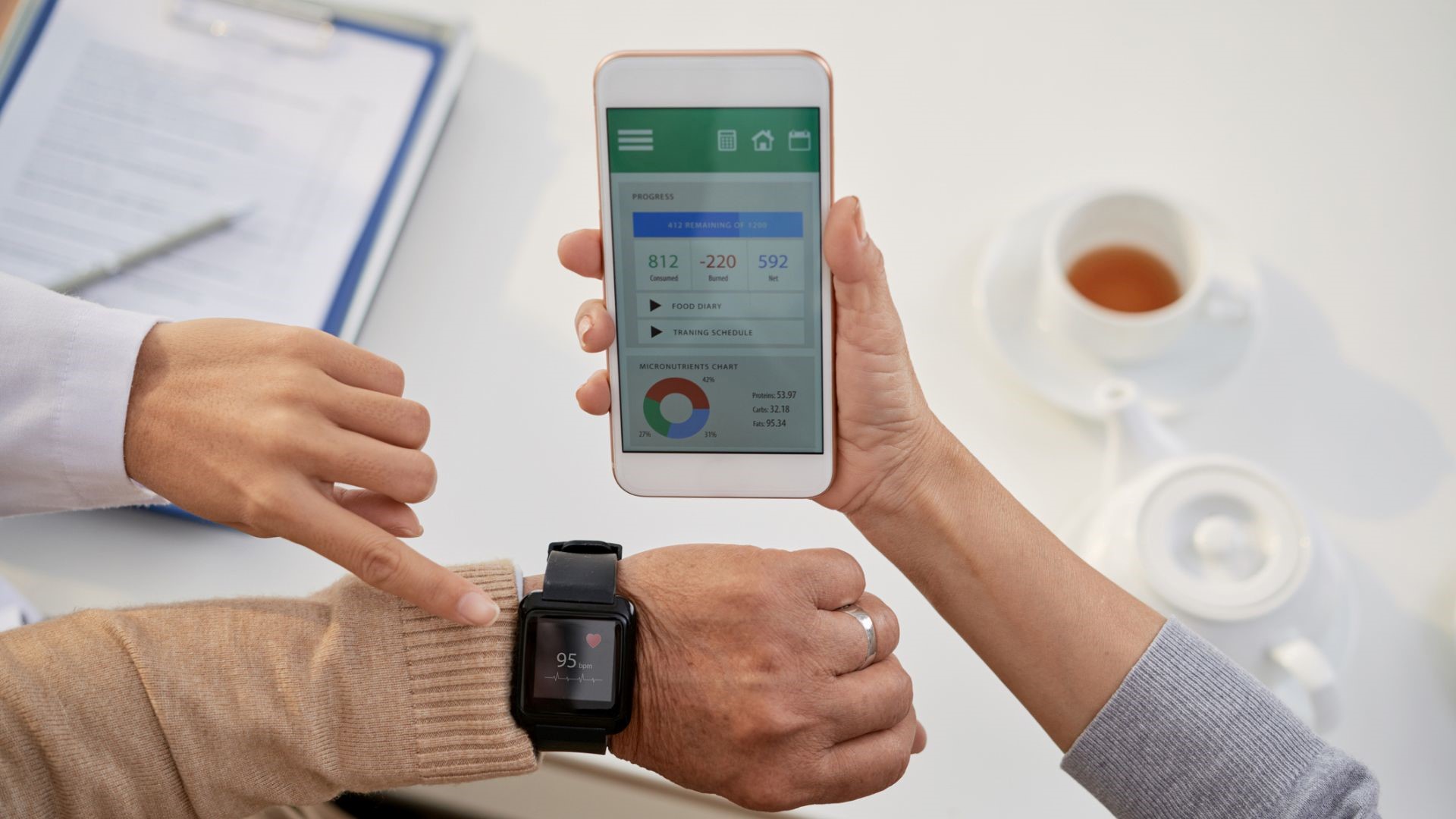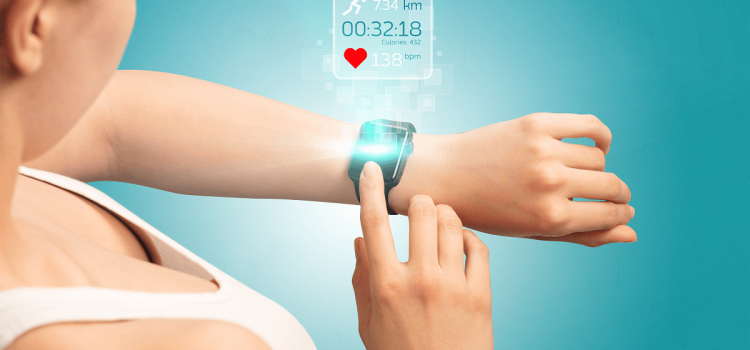
The landscape of healthcare is undergoing a significant transformation, driven by the rapid advancements in wearable health tech. This convergence of technology and healthcare is not only enhancing the way we monitor our health but also revolutionizing the entire healthcare ecosystem. From smartwatches that track heart rates to advanced biosensors that monitor glucose levels, wearable health tech is poised to become an integral part of our daily lives. This article delves into the current trends and future innovations shaping the world of wearable health tech.
The Evolution of Wearable Health Tech
Wearable health tech has come a long way from the rudimentary pedometers of the past. Today, these devices are equipped with sophisticated sensors and algorithms that provide real-time health data. The initial focus was primarily on fitness tracking, but the scope has significantly broadened to include comprehensive health monitoring.
Early Beginnings
The first wave of wearable health tech focused on basic metrics such as steps taken, calories burned, and sleep patterns. Devices like Fitbit and Jawbone gained popularity for their ability to motivate users to lead healthier lifestyles. However, these early devices had limitations in terms of accuracy and the range of data they could collect.
The Advent of Smartwatches
The introduction of smartwatches marked a significant milestone in the evolution of wearable health tech. Companies like Apple, Samsung, and Garmin integrated advanced health monitoring features into their smartwatches, making them indispensable tools for health-conscious users. These devices could track heart rates, monitor sleep quality, and even detect irregular heart rhythms.
Current Trends in Wearable Health Tech
As technology continues to advance, several key trends are emerging in the wearable health tech industry. These trends are not only enhancing the functionality of these devices but also expanding their applications in healthcare.
1. Advanced Biosensors
One of the most significant trends in wearable health tech is the development of advanced biosensors. These sensors can monitor a wide range of physiological parameters, including glucose levels, blood pressure, and oxygen saturation. For instance, continuous glucose monitors (CGMs) are becoming increasingly popular among diabetic patients for their ability to provide real-time glucose readings without the need for finger pricks.
2. Wearable ECG Monitors
Wearable ECG monitors are another groundbreaking innovation in the field of wearable health tech. Devices like the Apple Watch Series 6 can perform electrocardiograms (ECGs) to detect irregular heart rhythms and atrial fibrillation. These features are particularly beneficial for individuals with cardiovascular conditions, as they provide early warning signs and facilitate timely medical intervention.
3. Integration with Artificial Intelligence (AI)
Artificial Intelligence (AI) is playing a pivotal role in the advancement of wearable health tech. AI algorithms can analyze vast amounts of health data collected by wearables to provide personalized health insights and recommendations. For example, AI-powered wearables can predict potential health issues based on historical data and suggest preventive measures.
4. Remote Patient Monitoring
The COVID-19 pandemic has accelerated the adoption of remote patient monitoring (RPM) technologies. Wearable health tech is at the forefront of this trend, enabling healthcare providers to monitor patients’ health remotely. This is particularly beneficial for managing chronic conditions and reducing the need for in-person visits.
5. Mental Health Monitoring
Mental health is an area that is gaining increasing attention in the realm of wearable health tech. Devices equipped with sensors to monitor stress levels, sleep patterns, and physical activity can provide valuable insights into an individual’s mental well-being. Some wearables even offer guided meditation and relaxation exercises to help users manage stress and anxiety.

Future Innovations in Wearable Health Tech
The future of wearable health tech holds immense promise, with several exciting innovations on the horizon. These advancements are expected to further enhance the capabilities of wearables and expand their applications in healthcare.
1. Non-Invasive Glucose Monitoring
One of the most anticipated innovations in wearable health tech is non-invasive glucose monitoring. Researchers are developing wearable devices that can measure glucose levels through the skin, eliminating the need for blood samples. This technology has the potential to revolutionize diabetes management and improve the quality of life for millions of patients.
2. Smart Clothing
Smart clothing is an emerging trend that integrates health-monitoring sensors into everyday garments. These garments can track a wide range of health metrics, including heart rate, respiratory rate, and muscle activity. Smart clothing is particularly promising for athletes and fitness enthusiasts, as it provides real-time performance data and helps prevent injuries.
3. Implantable Wearable Devices
Implantable wearable devices represent the next frontier in wearable health tech. These devices are implanted under the skin and can continuously monitor various health parameters. For example, implantable cardiac monitors can detect arrhythmias and other heart conditions with high accuracy. While still in the early stages of development, implantable wearables have the potential to offer unprecedented levels of health monitoring.
4. Personalized Health Recommendations
The integration of AI and machine learning with wearable health tech is paving the way for personalized health recommendations. Future wearables will be able to analyze an individual’s health data in real-time and provide tailored advice on diet, exercise, and lifestyle changes. This level of personalization can significantly enhance the effectiveness of health interventions and improve overall well-being.
5. Enhanced Data Security and Privacy
As wearable health tech continues to evolve, ensuring the security and privacy of health data will be paramount. Future innovations will focus on developing robust encryption and authentication mechanisms to protect sensitive health information. Blockchain technology is also being explored as a potential solution for secure data sharing and storage.
Conclusion
The future of wearable health tech is incredibly promising, with numerous trends and innovations set to transform the healthcare landscape. From advanced biosensors and AI integration to non-invasive glucose monitoring and smart clothing, these advancements are poised to enhance the way we monitor and manage our health. As wearable health tech continues to evolve, it will play an increasingly vital role in promoting preventive healthcare, improving patient outcomes, and empowering individuals to take control of their well-being.










